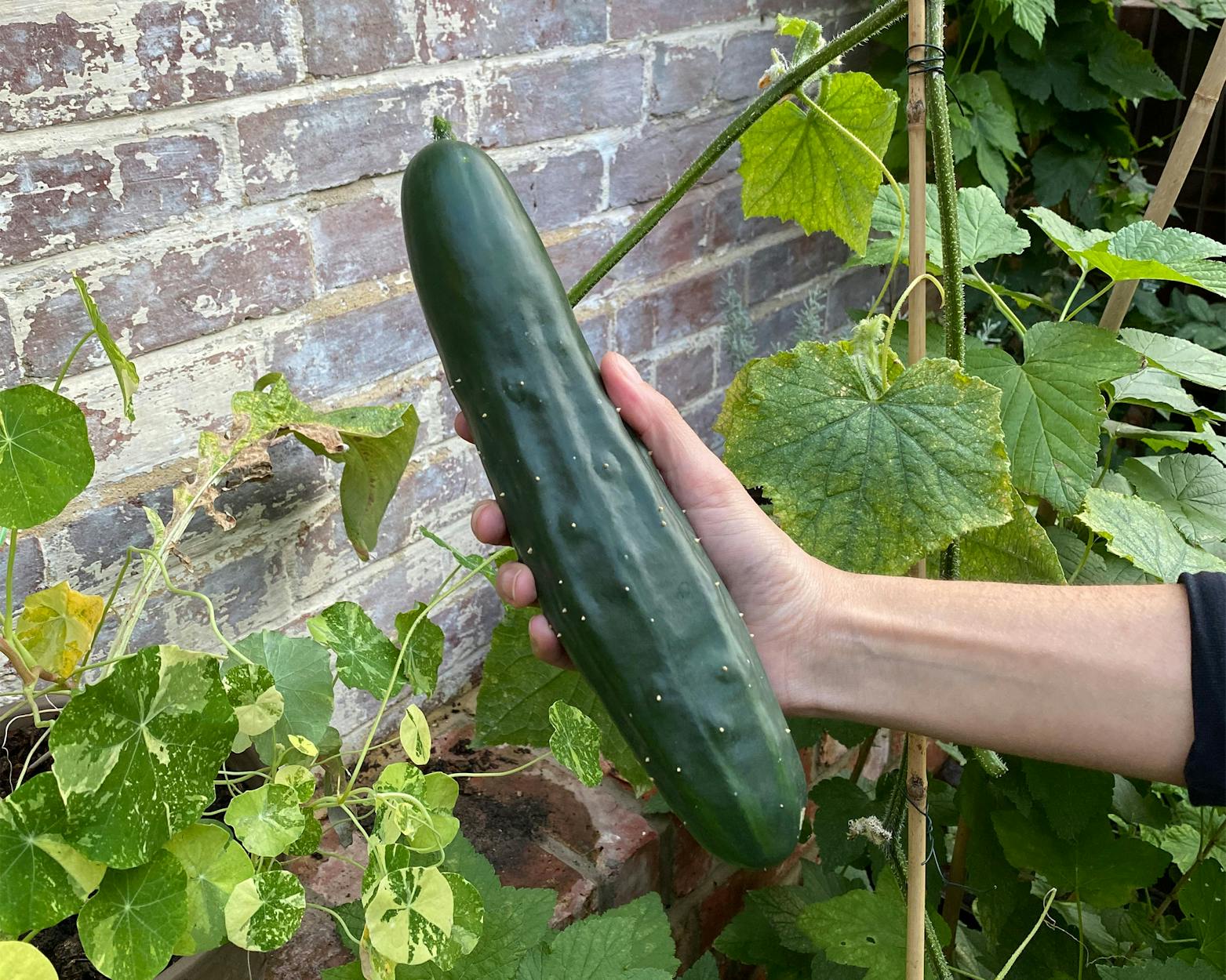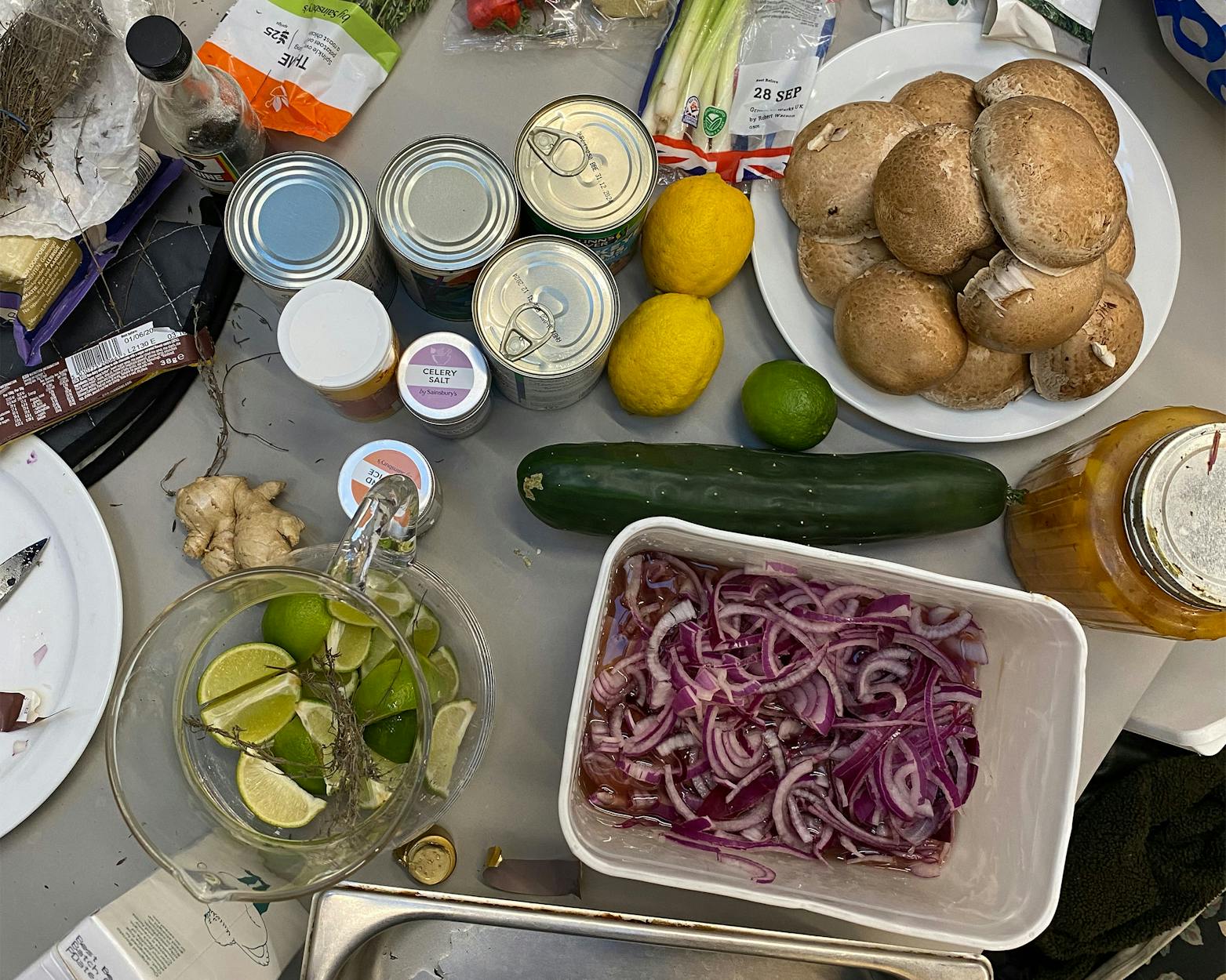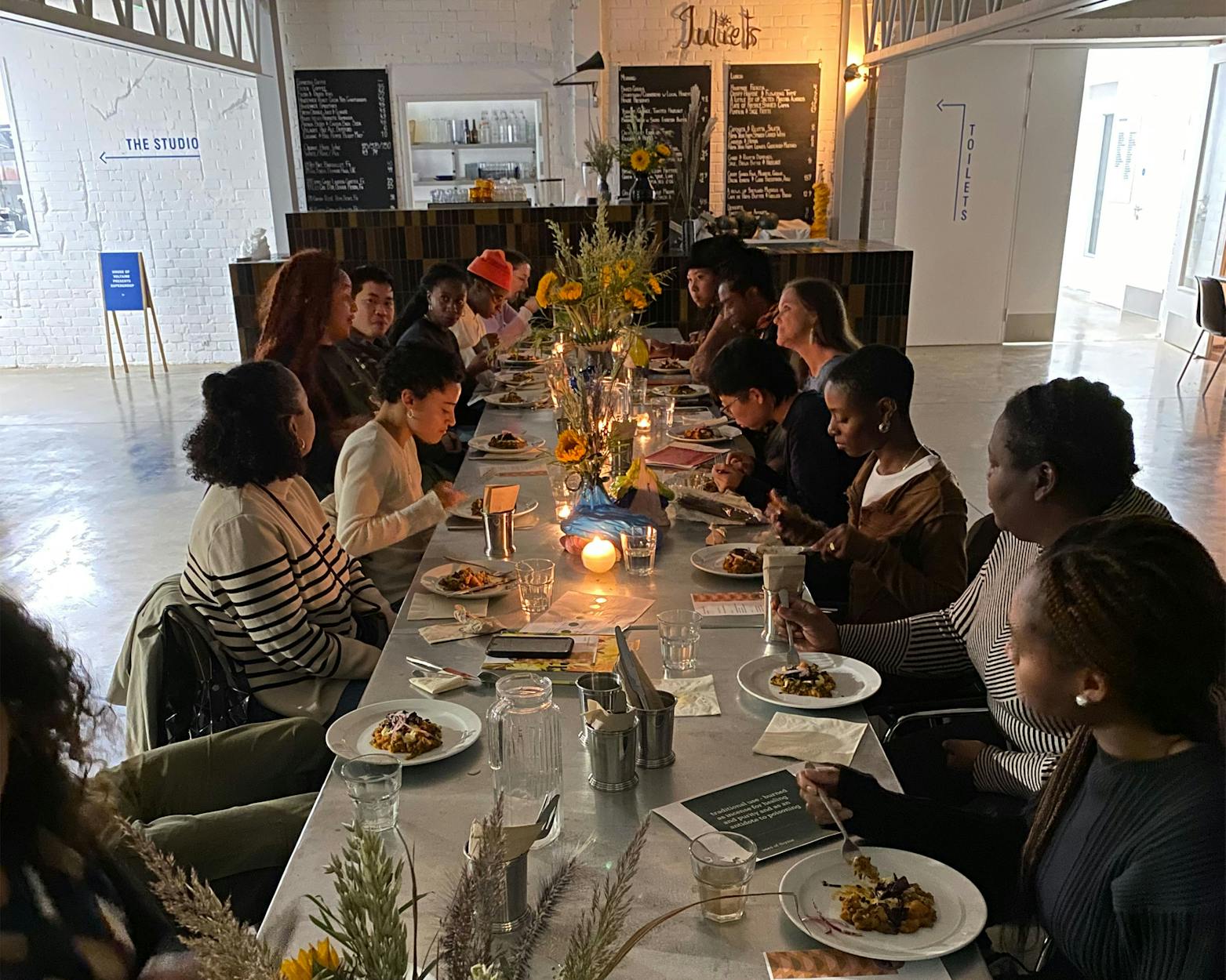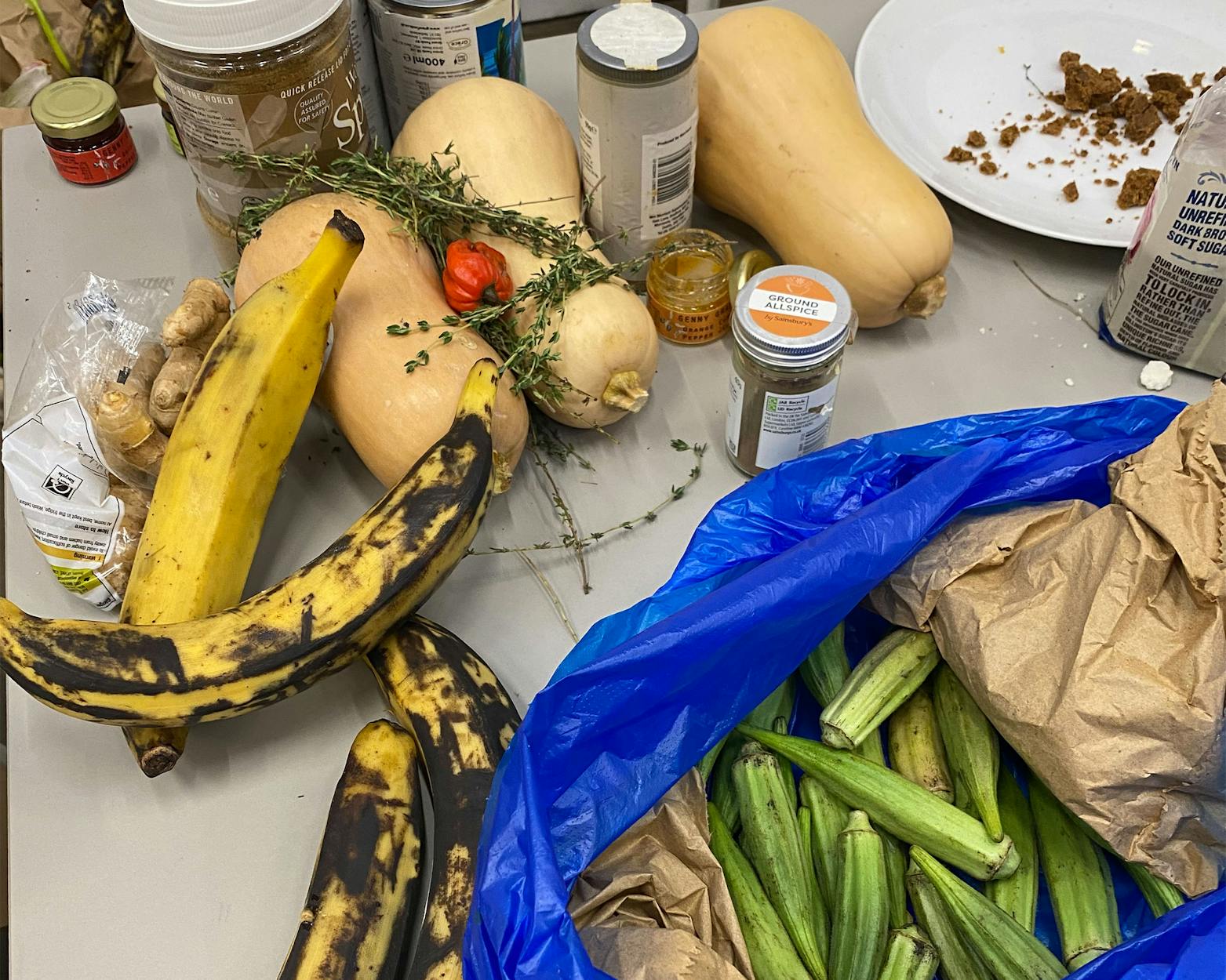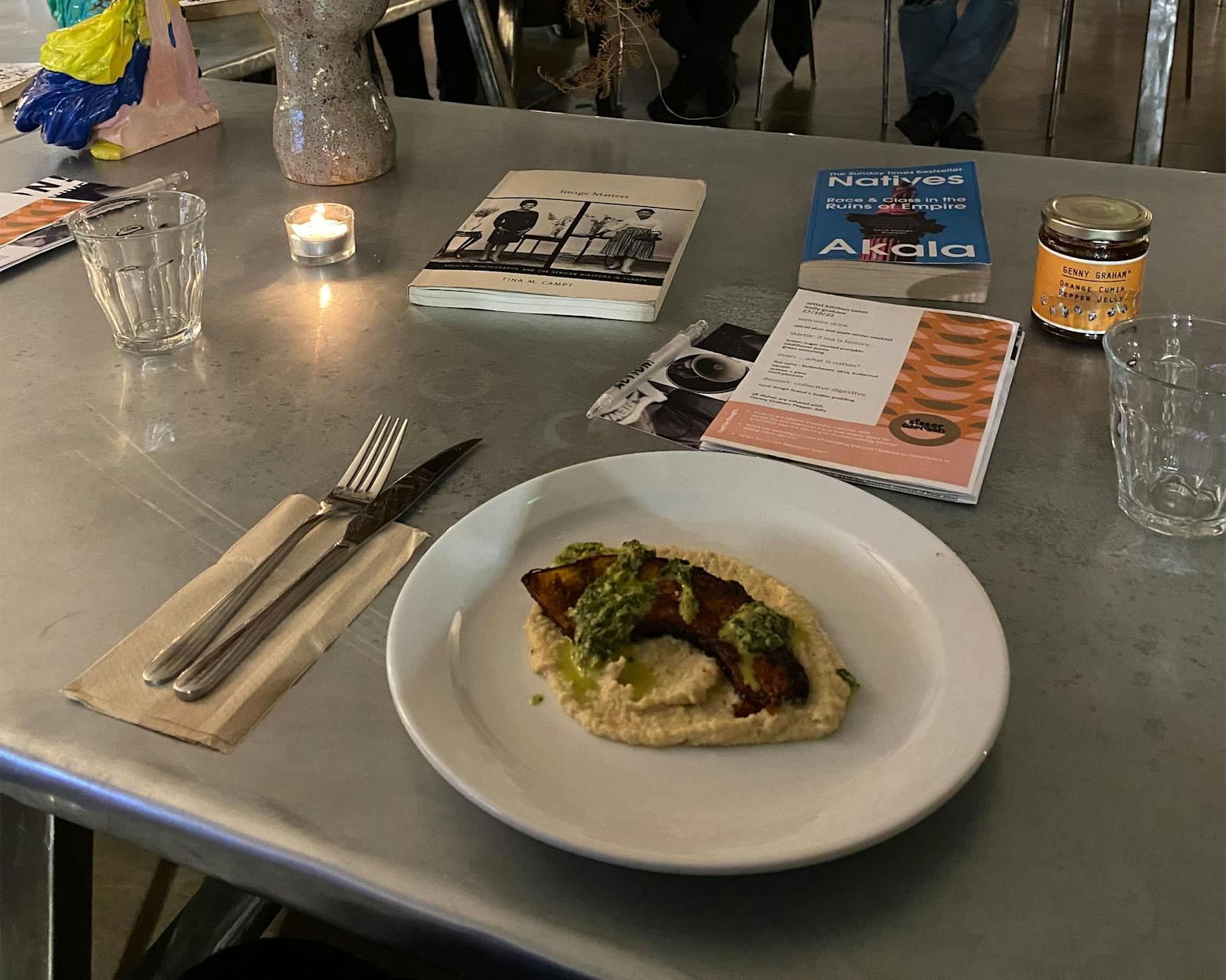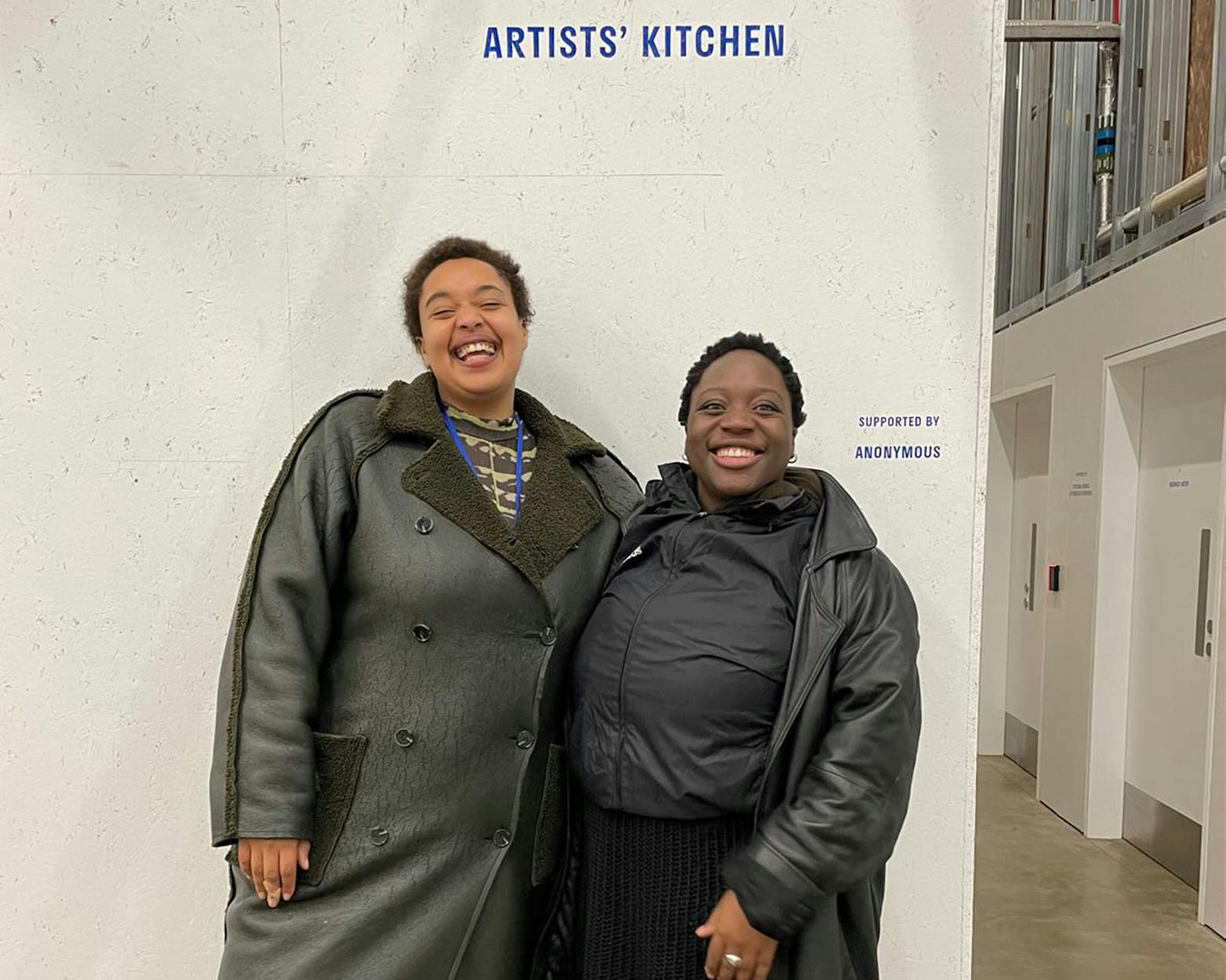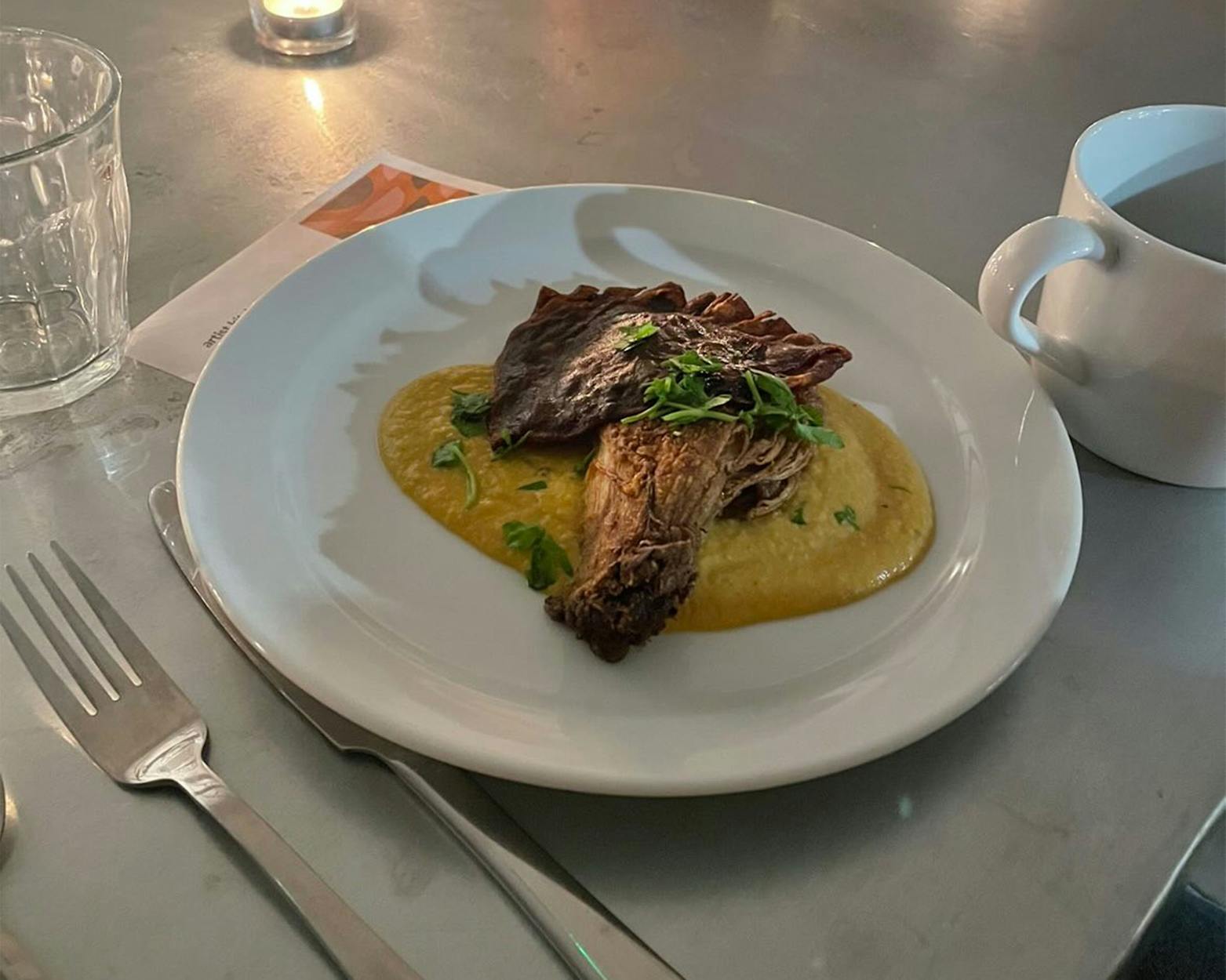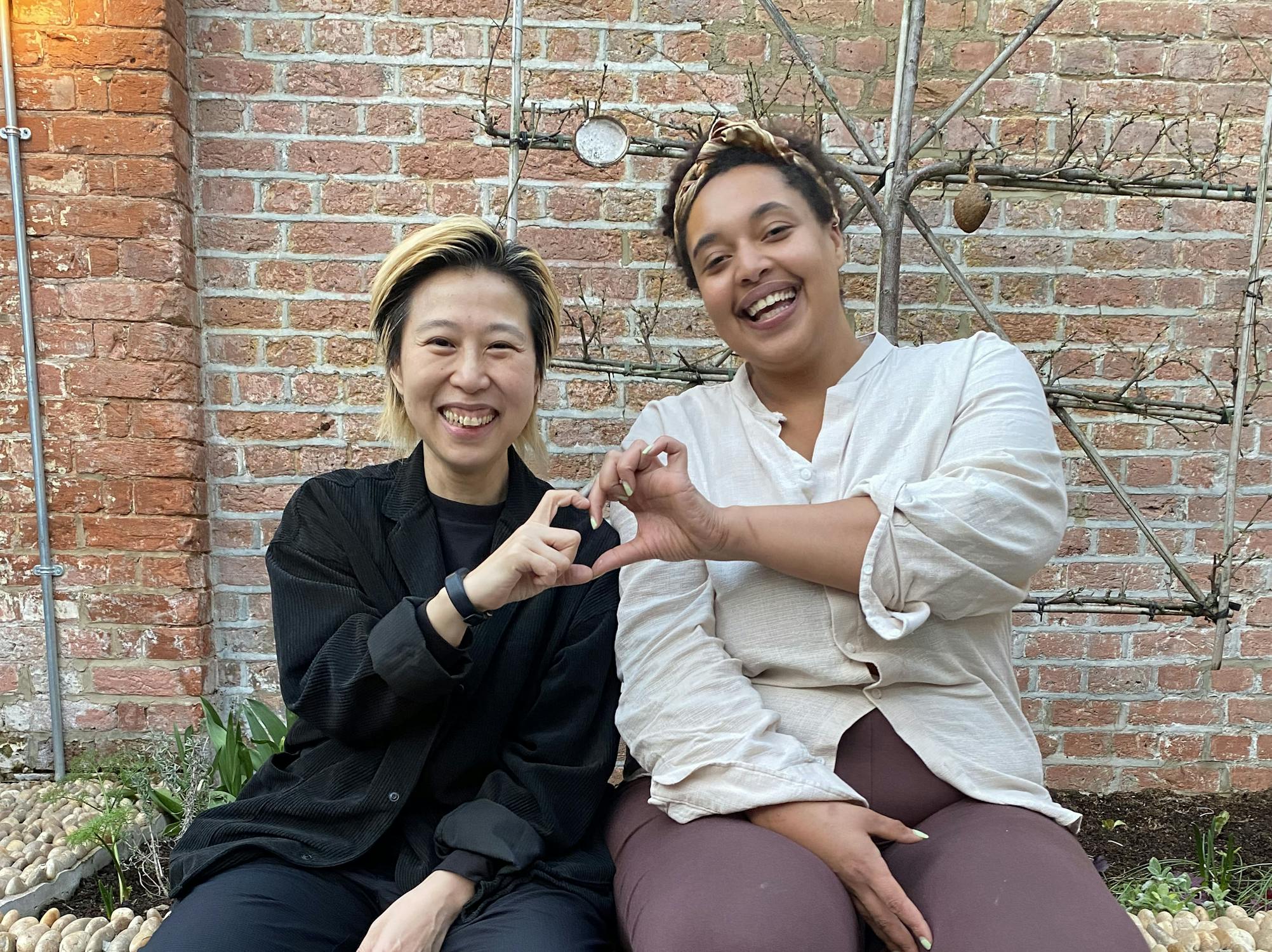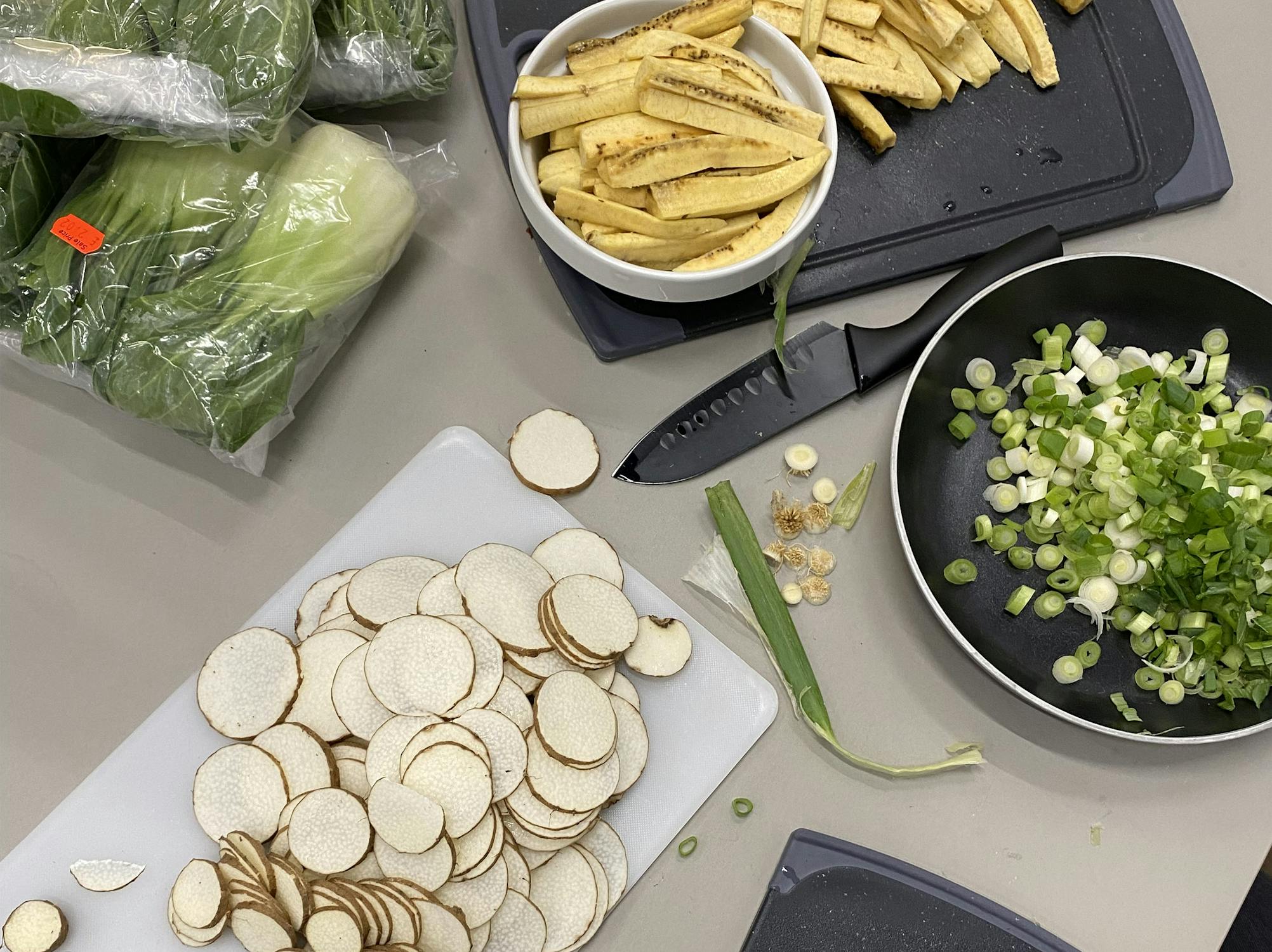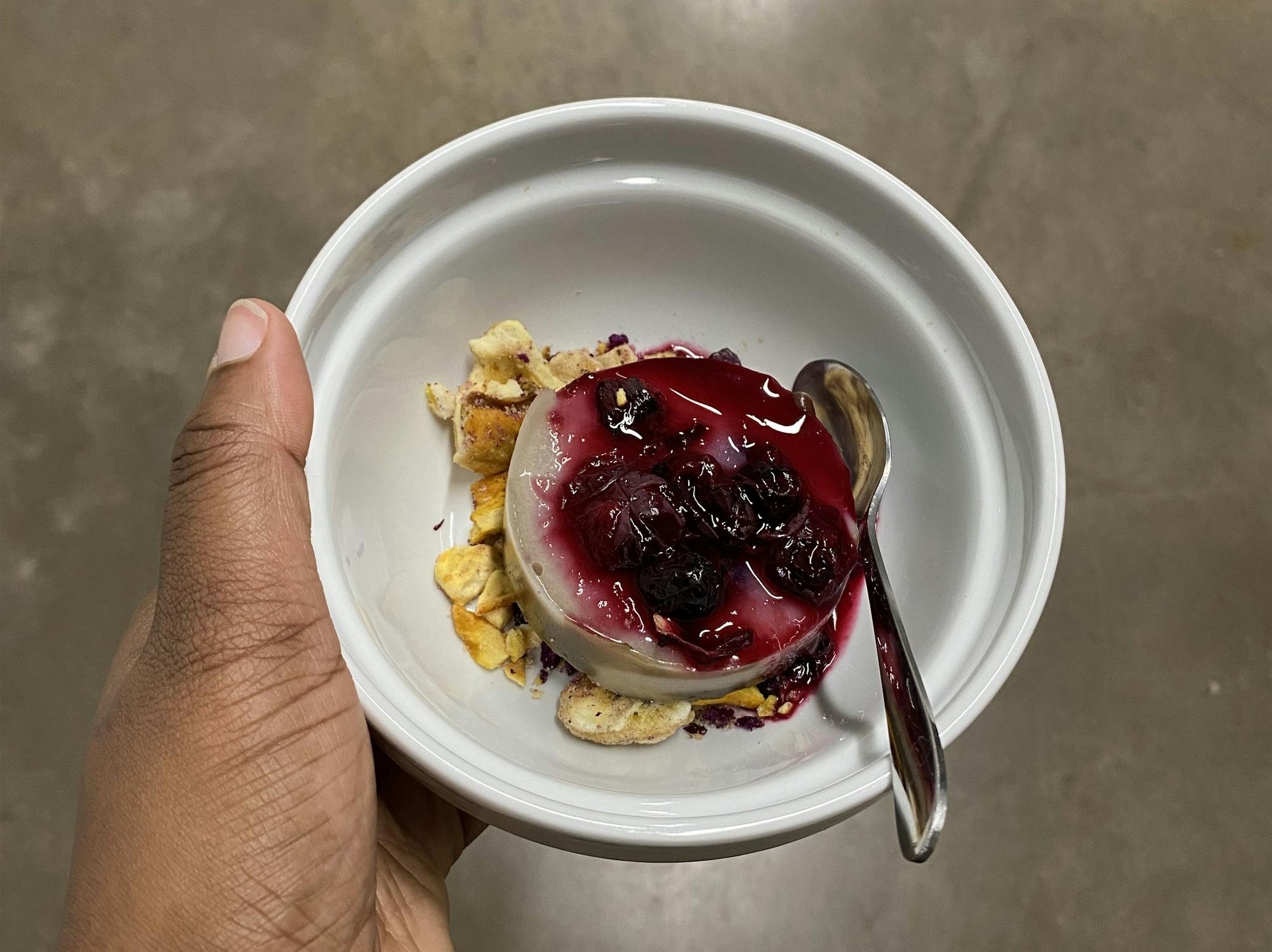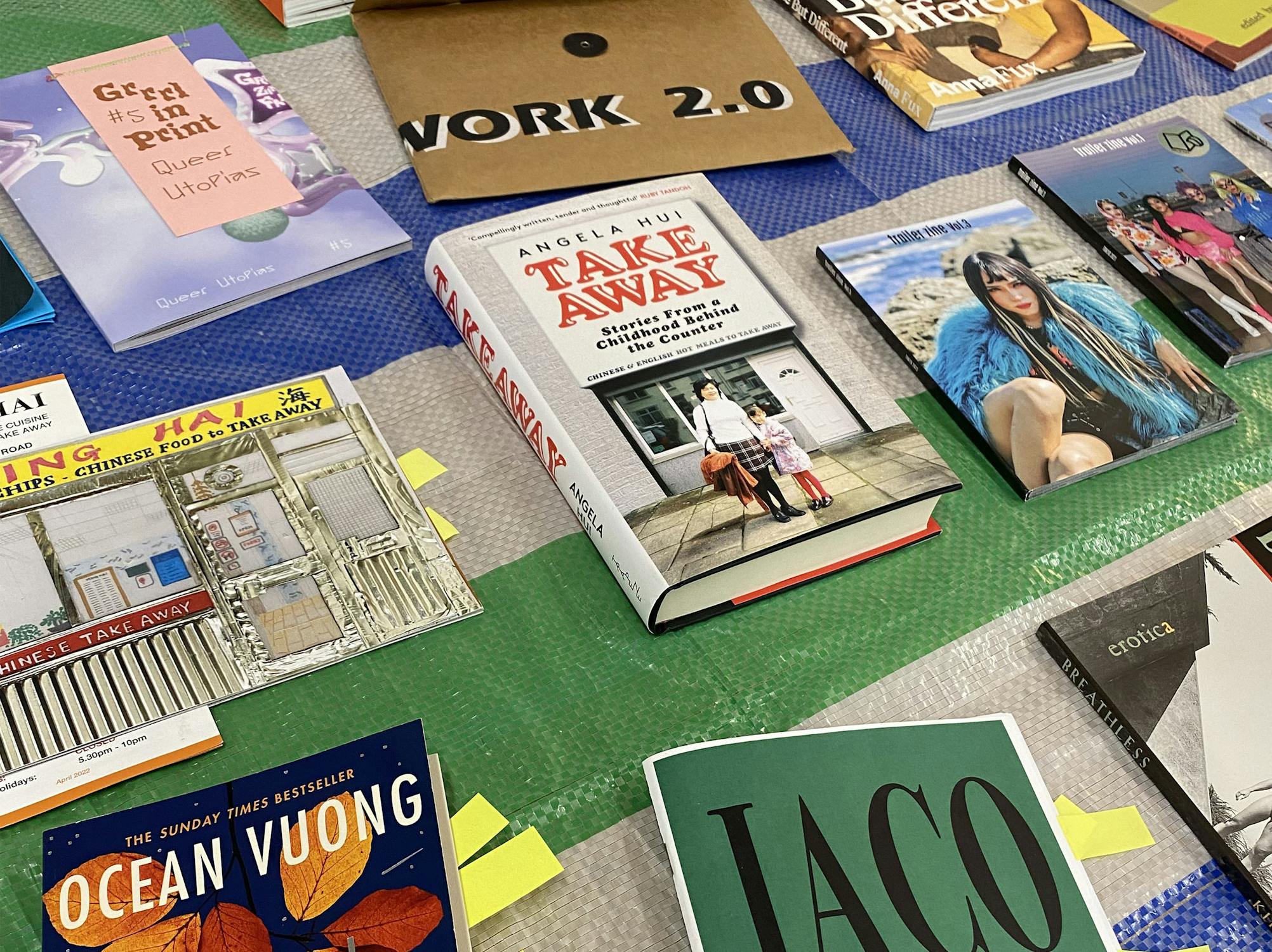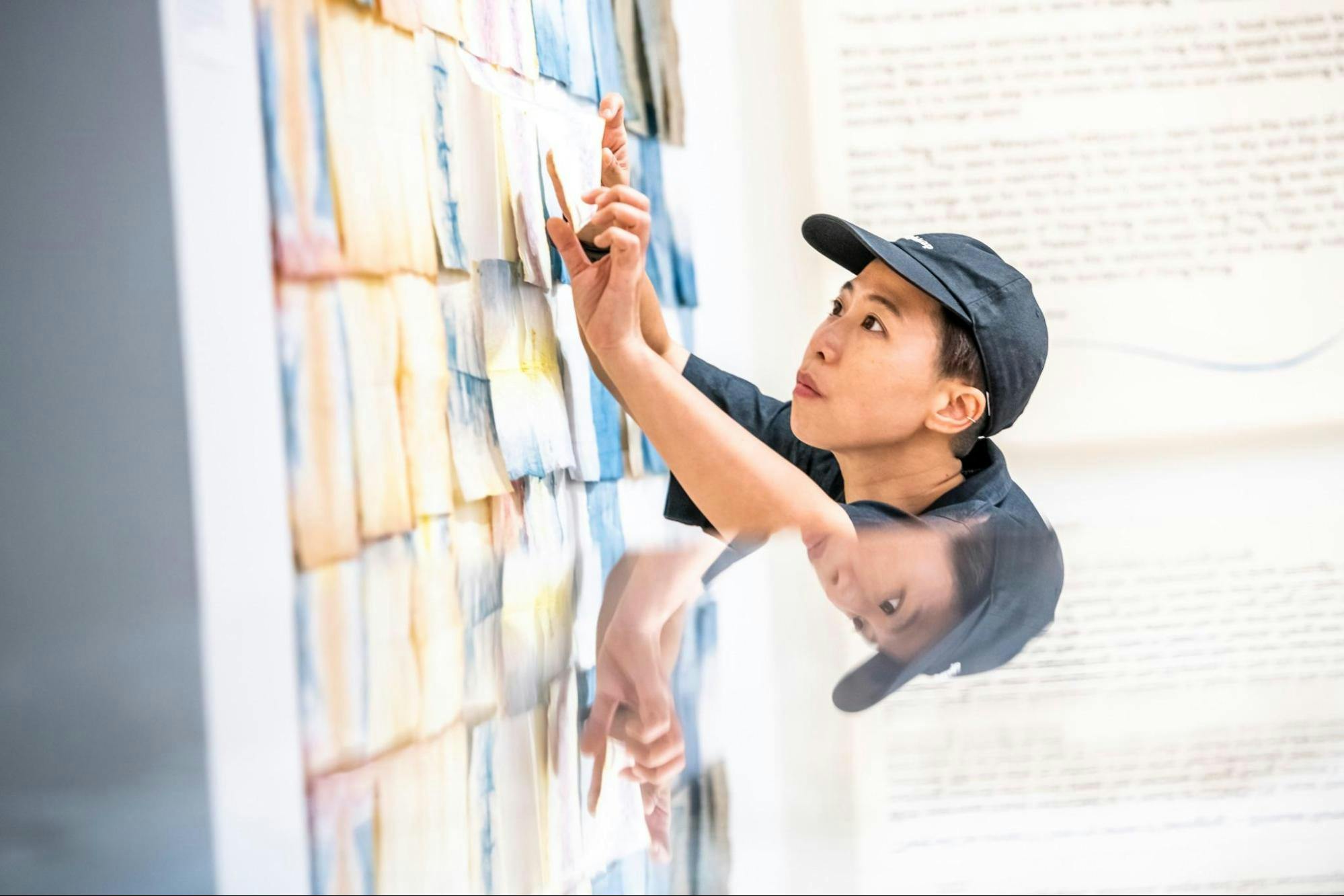Akala, Natives, 2018
Tina M. Campt, Image Matters, 2012
Tina M. Campt, Listening to Images, 2017
Peter Chadwich & Ben Weaver, The Town of Tomorrow: 50 Years of Thamesmead, 2019
Matthew Collins, Hate: My Life in the Far Right, 2011
Nigel Copsey, Contemporary British Fascism: The British National Party and the Quest for Legitimacy, 2008
Reni Eddo-Lodge, Why I'm No Longer Talking to White People About Race, 2017
Peter Fryer, Staying Power: The History of Black People in Britain, 1984
Paul Gilroy, There Ain’t No Black In The Union Jack, 1987
Stuart Hall, Chas Critcher, Tony Jefferson, John Clarke, and Brian Roberts, Policing the Crisis: Mugging, the State, and Law and Order, 1978
Roger Hewitt, White Backlash and the Politics of Multiculturalism, 2005
Afua Hirsch, Brit(ish): On Race, Identity and Belonging, 2018
Michael Keith, After the Cosmopolitan? Multicultural Cities and the Future of Racism, 2005
Michael Keith, Race, Riots and Policing: Lore and Disorder in a Multi-Racist Society, 1993
Caroline Knowles, Race and Social Analysis, 2003
Kennetta Hammond Perry, London is the Place for Me, 2015
James Rhodes and Laurence Brown, 'The rise and fall of the 'inner city': Race, space and urban policy in Postwar England', Journal of Ethnic and Migration Studies, 2018
Richard Smith, ‘The Effects of Local Fair Housing Ordinances on Housing Segregation: Their Impact Is Small, But It's an Important Positive Change Toward Integration’, The American Journal of Economics and Sociology, 1989
Nikesh Shukla, The Good Immigrant, 2016
John Solomos, Black Youth, Racism and the State: The Politics of Ideology and Policy, 1988
Christina Sharpe, In the Wake, 2016
Peter Taffe, The Rise of Militant, 2013
M. Testa, Militant Anti-Fascism: A Hundred Years of Resistance, 2015
Valerie G. Wigfall, Thamesmead, 1997
Frank B. Wilderson III, Afropessimism, 2020

